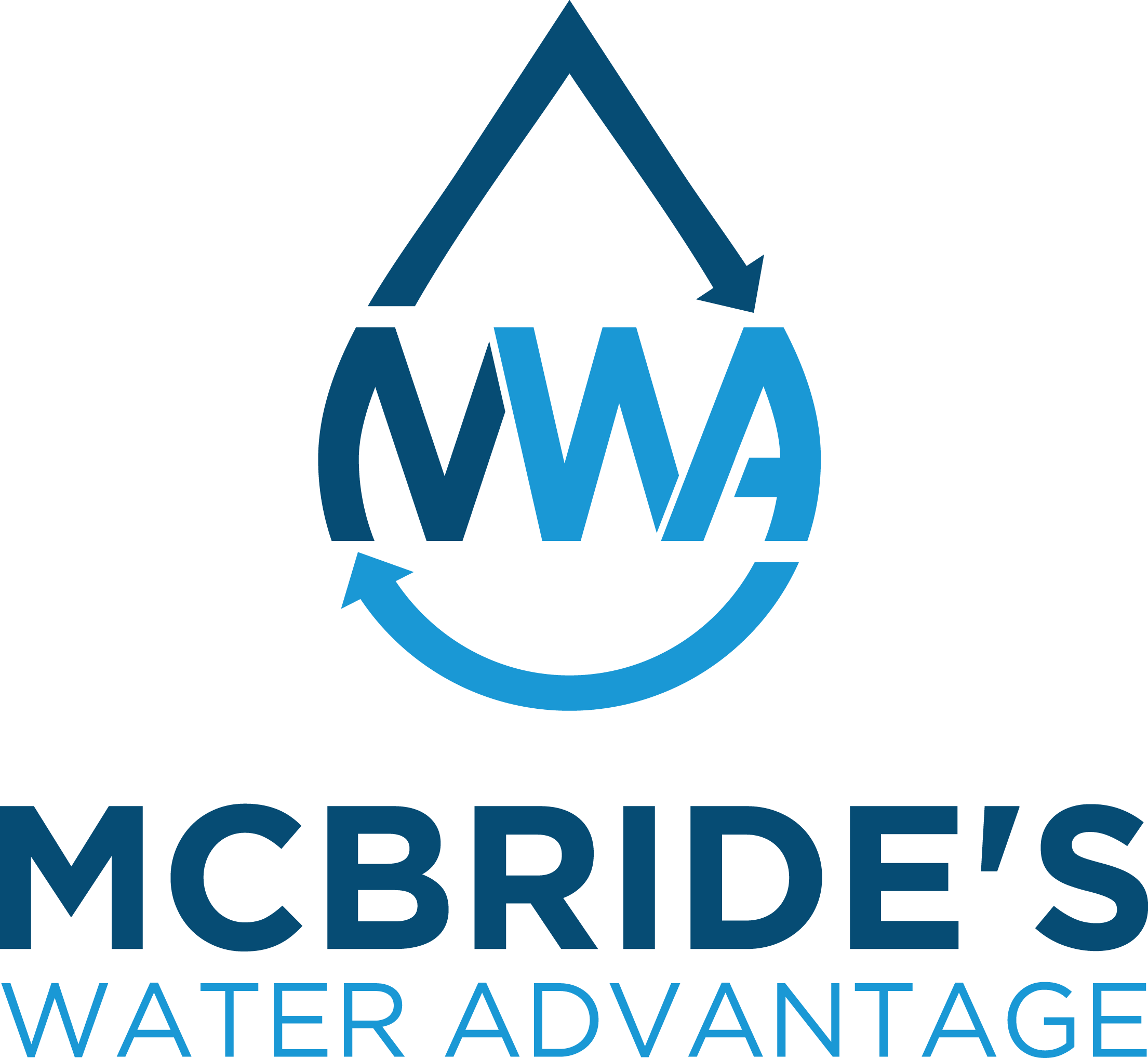 There are many different types of water treatment systems, and each can serve a different purpose for your home. Although there is certainly some overlap between the services that different types of water treatment systems provide, there is a clear distinction between two categories of systems: water softeners and water filters. Today we’re going to talk about the differences between water softeners vs. water filters and how they can be used together in your home!
There are many different types of water treatment systems, and each can serve a different purpose for your home. Although there is certainly some overlap between the services that different types of water treatment systems provide, there is a clear distinction between two categories of systems: water softeners and water filters. Today we’re going to talk about the differences between water softeners vs. water filters and how they can be used together in your home!
Water softeners vs. water filters: Where they’re installed
Water filters can be installed either at the point where water enters the home (whole-house units) or directly at a specific tap (point-of-use units). Whereas a whole house filtration system will filter all of the water in your home, a point-of-use filter will only filter the water that comes out of one faucet.
Water softeners, on the other hand, are almost always installed at the point where water enters your home. That’s because hard water isn’t a drinking water issue, but rather an issue that effects your entire plumbing system and all of your fixtures and taps. In order to protect your entire home from hard water, it’s necessary to install the softener in a location where it can remove hardness minerals before it travels through your pipes.
The primary purpose of water filters vs. water softeners
The primary purpose of a water filter is to improve the health, taste, smell and appearance of your home’s water. There are many types of water contaminants that commonly show up in New Hampshire’s tap and well water. Some of these contaminants produce short- and long-term health effects when they are consumed, and others can make your water unpalatable to drink. Some water filters are designed to address a wide-range of contaminants (like reverse osmosis systems), while others are designed to remove specific contaminants such as iron.
Water softeners have one purpose and one purpose only: soften your home’s water. Unlike water filters, water softeners are not used to improve the health and aesthetics of your water. Instead, they are designed specifically to remove hardness minerals like calcium and magnesium. These minerals can cause all sorts of problems, including damaging and reducing the efficiency of your plumbing appliances, clogging up your pipes, creating limescale around your home and more.
Water filters and water softeners are often used together
Because water filters and water softeners serve two distinct purposes, they are often used in conjunction with one another. If your home has hard water as well as contaminant issues, installing a water softener and a water filter is a great idea. In fact, installing a water filter in front of your water softener can even protect your water softener from internal damage caused by contaminants like chlorine and iron.
Although water filters and water softeners can come as two distinct units, some products such as the WaterMax by Hague provide both softening and filtering capabilities from a single system. These systems have internal filters that water goes through before it enters the softening tank, which means the water that comes out of the other side is not only soft, but also healthy and great-tasting.
If you have any questions about a water softener vs. a water filter, or if you’d like a water system serviced or installed in your home, contact McBride’s Water Advantage, your water softener and water filtration system dealer in Epsom, New Hampshire. We provide service all over New Hampshire, including towns like Barnstead, Allenstown and Pembroke, NH.
photo credit: lori_greig via photopin (license)
